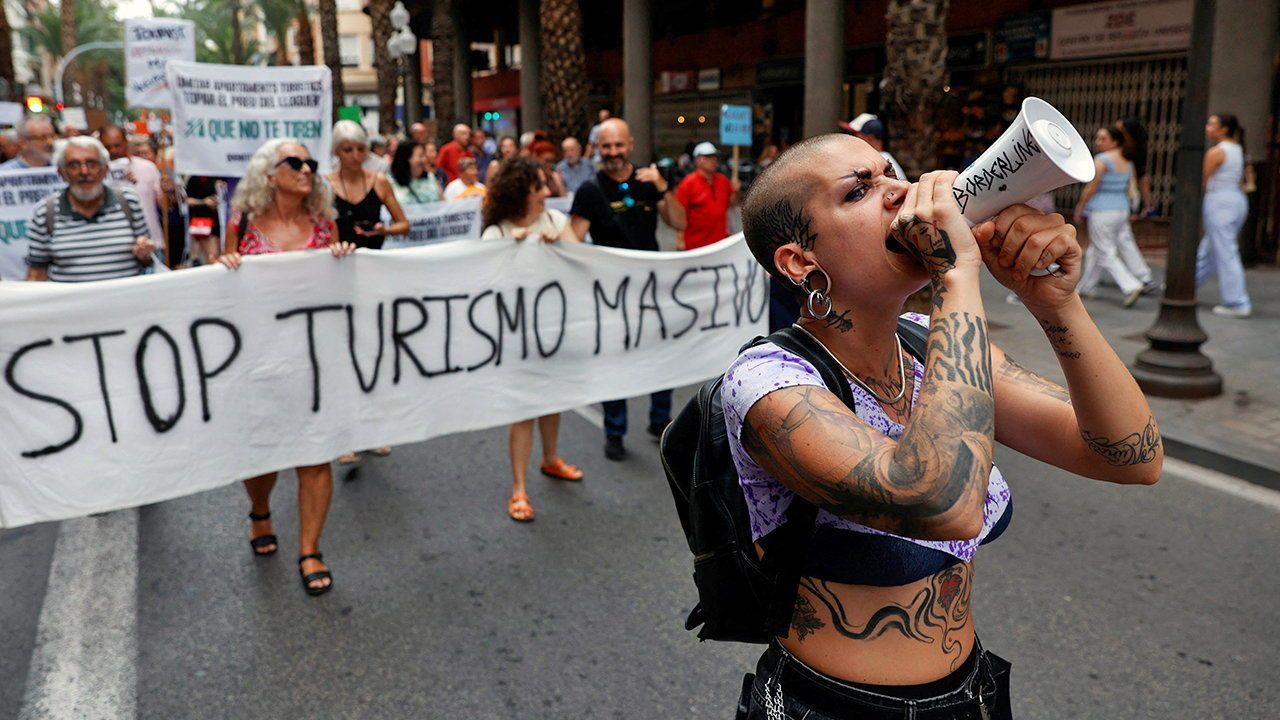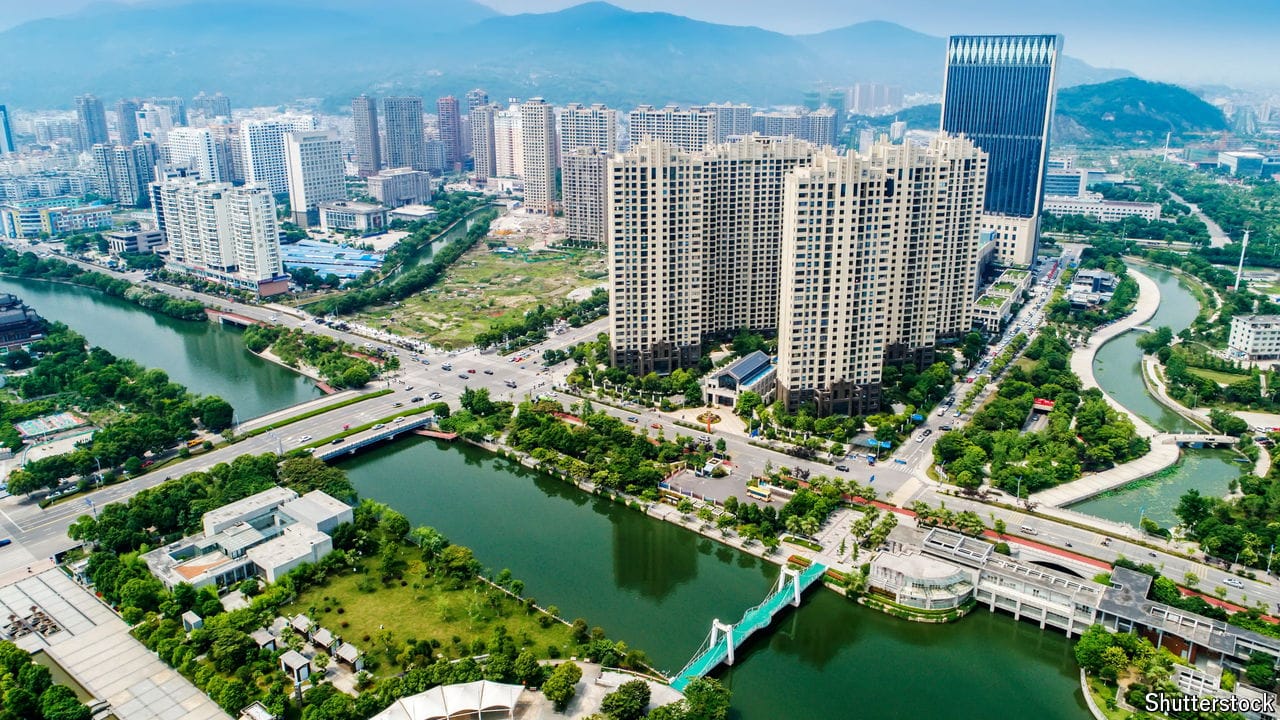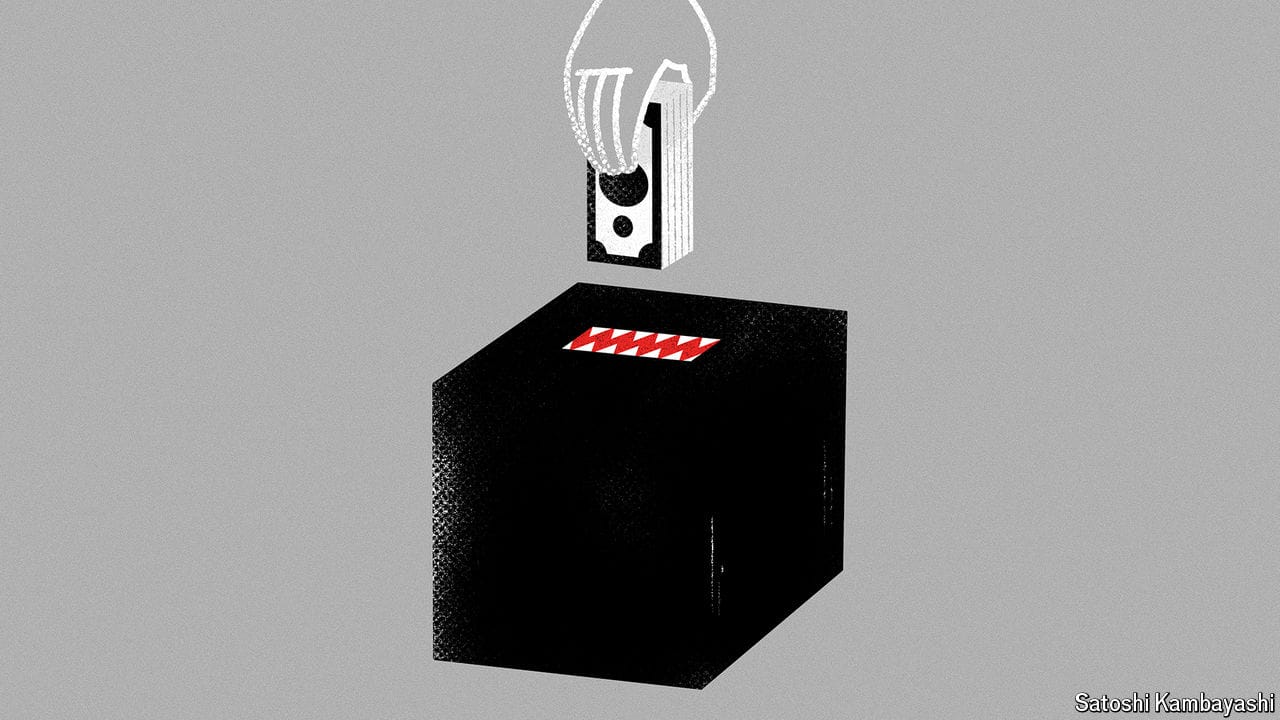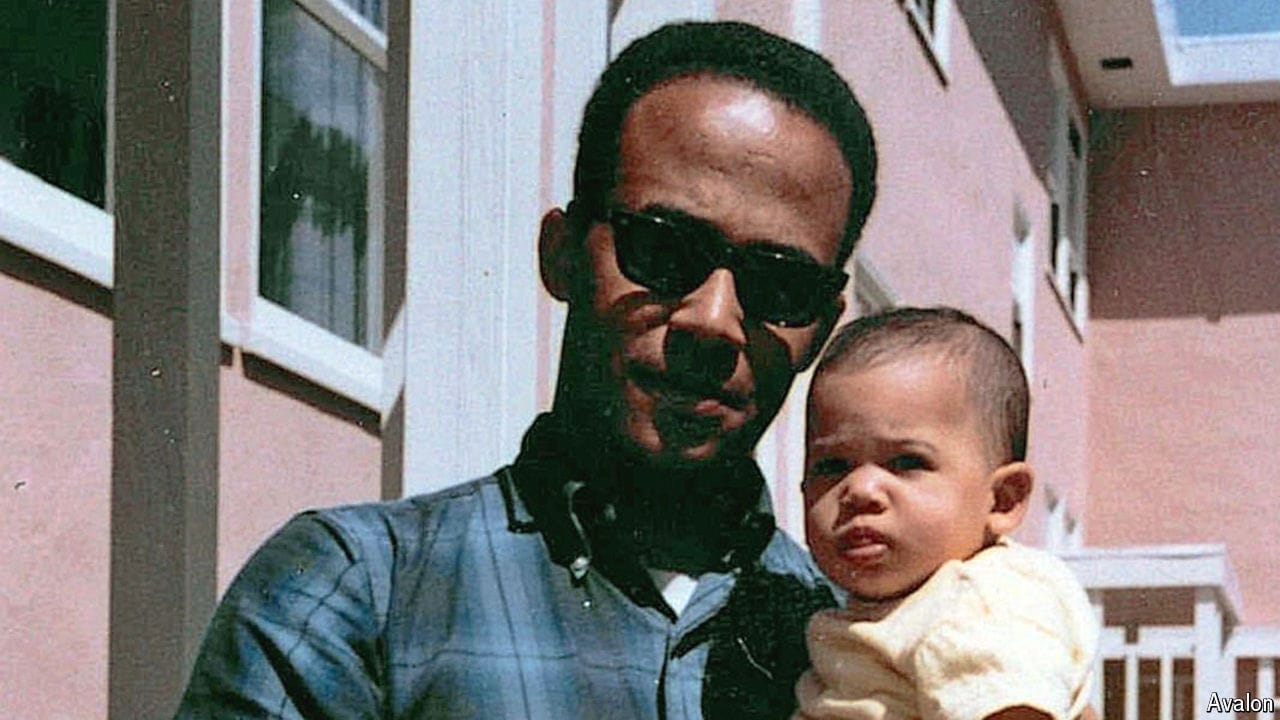What the war on tourism gets wrong
Visitors are a boon, if managed wisely

Cooling off is easy in Barcelona. Swim in the sea, sip sangria—or just hang about looking like a holidaymaker. Recently residents have taken part in anti-tourist protests, some firing at guests with water pistols. Other rallies calling for an end to mass tourism have taken place across the Balearic and Canary Islands. And it is not just Spaniards. Locals in Athens have held funerals for their dead neighbourhoods. Authorities in Japan have put up a fence to spoil a popular view of Mount Fuji and prevent tourists gathering. Soon there will be a 5pm curfew for visitors to a historic neighbourhood in Seoul.
During the depths of the covid-19 pandemic many predicted that tourism would never return. Now, however, holidaymakers are back. According to UN Tourism, a multilateral agency, this year trips are set to nudge 1.5bn, up a tad from 2019. The dollar, measured against a basket of currencies, is worth more than at any point over the past two decades, barring a four-month spell in 2022—meaning that Americans are particularly keen to travel. This ought to be a gift to the cities and countries being visited. Tourists bring cash and make little use of taxpayer-funded services. Indeed, officials in central banks and finance ministries quietly welcome the inflows, even as politicians are being pushed by voters to soak tourists (with taxes) and limit arrival numbers.
More from Finance and economics

China’s last boomtowns show rapid growth is still possible
All it takes is for the state to work with the market

Why investors are unwise to bet on elections
Turning a profit from political news is a lot harder than it looks

Revisiting the work of Donald Harris, father of Kamala
The combative Marxist economist focused on questions related to growth
Donald Trump wants a weaker dollar. What are his options?
All come with their own drawbacks
Why is Xi Jinping building secret commodity stockpiles?
Vast new holdings of grain, natural gas and oil suggest trouble ahead
How Vladimir Putin created a housing bubble
Prices have risen by 172% in Russia’s biggest cities over the past three years